Angola: A Nation of Diverse Landscapes and Rich History
Related Articles: Angola: A Nation of Diverse Landscapes and Rich History
Introduction
In this auspicious occasion, we are delighted to delve into the intriguing topic related to Angola: A Nation of Diverse Landscapes and Rich History. Let’s weave interesting information and offer fresh perspectives to the readers.
Table of Content
Angola: A Nation of Diverse Landscapes and Rich History
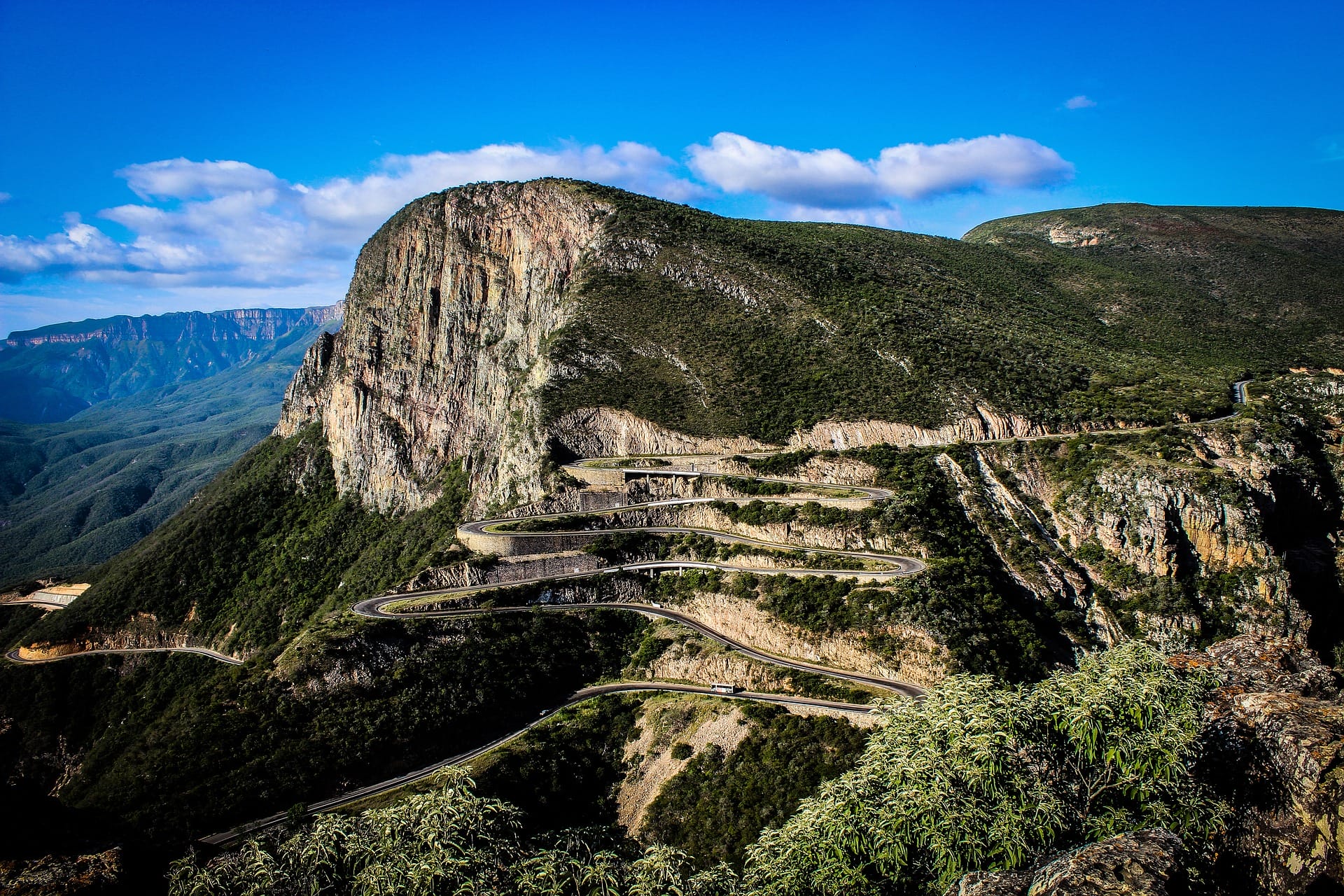
Angola, a nation nestled on the southwestern coast of Africa, holds a captivating blend of natural beauty, cultural richness, and a history marked by both hardship and resilience. Its strategic location, vast resources, and diverse landscapes have shaped its unique identity and its place on the global stage.
Location and Geography:
Located in southwestern Africa, Angola shares borders with Namibia to the south, Zambia to the east, the Democratic Republic of Congo to the north, and the Atlantic Ocean to the west. With a land area of 1,246,700 square kilometers, Angola is the seventh-largest country in Africa. Its diverse geography encompasses a variety of landscapes, including:
- Coastal plains: The narrow coastal plain stretches along the Atlantic Ocean, featuring sandy beaches and mangrove swamps.
- Central plateau: The central plateau, a vast, elevated region, is characterized by rolling hills, savannas, and the majestic Serra da Chela, a mountain range.
- Highland regions: The southeastern part of Angola rises to higher altitudes, forming the Bié Plateau and the mountainous regions of the Cuando-Cubango province.
Climate and Natural Resources:
Angola’s climate is tropical, with distinct wet and dry seasons. The coastal regions experience a humid climate, while the interior is drier and hotter. The country is blessed with abundant natural resources, including:
- Diamonds: Angola is a major diamond producer, with vast reserves found in the northeastern region.
- Oil: The offshore oil fields in the Atlantic Ocean are a significant source of revenue for Angola.
- Other minerals: The country also possesses substantial reserves of iron ore, copper, manganese, phosphate, and uranium.
- Hydropower: The numerous rivers, including the Kwanza River, provide potential for hydroelectric power generation.
- Forests: Angola’s forests are home to a rich biodiversity, including valuable timber species.
History and Culture:
Angola’s history is intertwined with colonial influence and a long struggle for independence. The Portuguese established a presence in the 15th century, colonizing the region and exploiting its resources. The fight for independence began in the mid-20th century and culminated in 1975 with the establishment of the People’s Republic of Angola.
The country’s cultural heritage is a fusion of African traditions and Portuguese influences. The various ethnic groups, including the Ovimbundu, the Kimbundu, and the Kongo, have maintained their unique customs, languages, and art forms. Traditional music, dance, and crafts continue to be vibrant expressions of Angolan culture.
Economy and Development:
Angola’s economy is heavily reliant on oil and diamond exports, making it vulnerable to global market fluctuations. However, the government is striving to diversify the economy and promote sustainable development. Key sectors include:
- Agriculture: Despite the potential, agriculture remains underdeveloped. The country has fertile land suitable for growing crops like coffee, cotton, and cassava.
- Fishing: The Atlantic coastline offers significant potential for fishing, both for domestic consumption and export.
- Tourism: Angola’s natural beauty, diverse culture, and historical sites hold promise for developing tourism.
Challenges and Opportunities:
Angola faces significant challenges, including:
- Poverty: Despite its natural resources, Angola has a high poverty rate, exacerbated by inequality and lack of access to basic services.
- Corruption: Corruption remains a persistent issue, hindering economic development and good governance.
- Infrastructure: The country needs to invest heavily in improving its infrastructure, particularly in transportation and energy.
However, Angola also possesses significant opportunities:
- Economic diversification: Diversifying the economy beyond oil and diamonds will create more jobs and reduce dependence on volatile markets.
- Investment in human capital: Investing in education and healthcare will empower the population and enhance productivity.
- Regional integration: Angola is a member of the Southern African Development Community (SADC) and is committed to regional integration and cooperation.
FAQs about Angola:
- What is the capital of Angola? The capital of Angola is Luanda.
- What is the official language of Angola? The official language of Angola is Portuguese.
- What is the currency of Angola? The currency of Angola is the Angolan kwanza (AOA).
- What are the main religions in Angola? The majority of Angolans are Christian, with significant numbers of Roman Catholics and Protestants. Traditional African religions are also practiced.
- What are the main tourist attractions in Angola? Popular tourist attractions include the Quiçama National Park, the Tundavala Canyon, and the historic city of Benguela.
Tips for Visiting Angola:
- Visa requirements: Visitors need a visa to enter Angola. It is advisable to apply for a visa in advance.
- Health precautions: It is recommended to consult with a healthcare professional regarding vaccinations and necessary precautions before traveling to Angola.
- Currency exchange: The Angolan kwanza is the official currency. It is advisable to exchange currency at authorized exchange bureaus.
- Safety: While generally safe, it is important to be aware of your surroundings and take precautions against petty crime.
- Language: Portuguese is the official language, but English is widely spoken in tourist areas.
Conclusion:
Angola stands as a nation of immense potential, poised to overcome its challenges and realize its full potential. Its diverse landscapes, rich history, and vibrant culture offer a compelling destination for travelers and investors alike. By embracing economic diversification, investing in human capital, and promoting good governance, Angola can forge a brighter future for its people and contribute meaningfully to the development of the African continent.
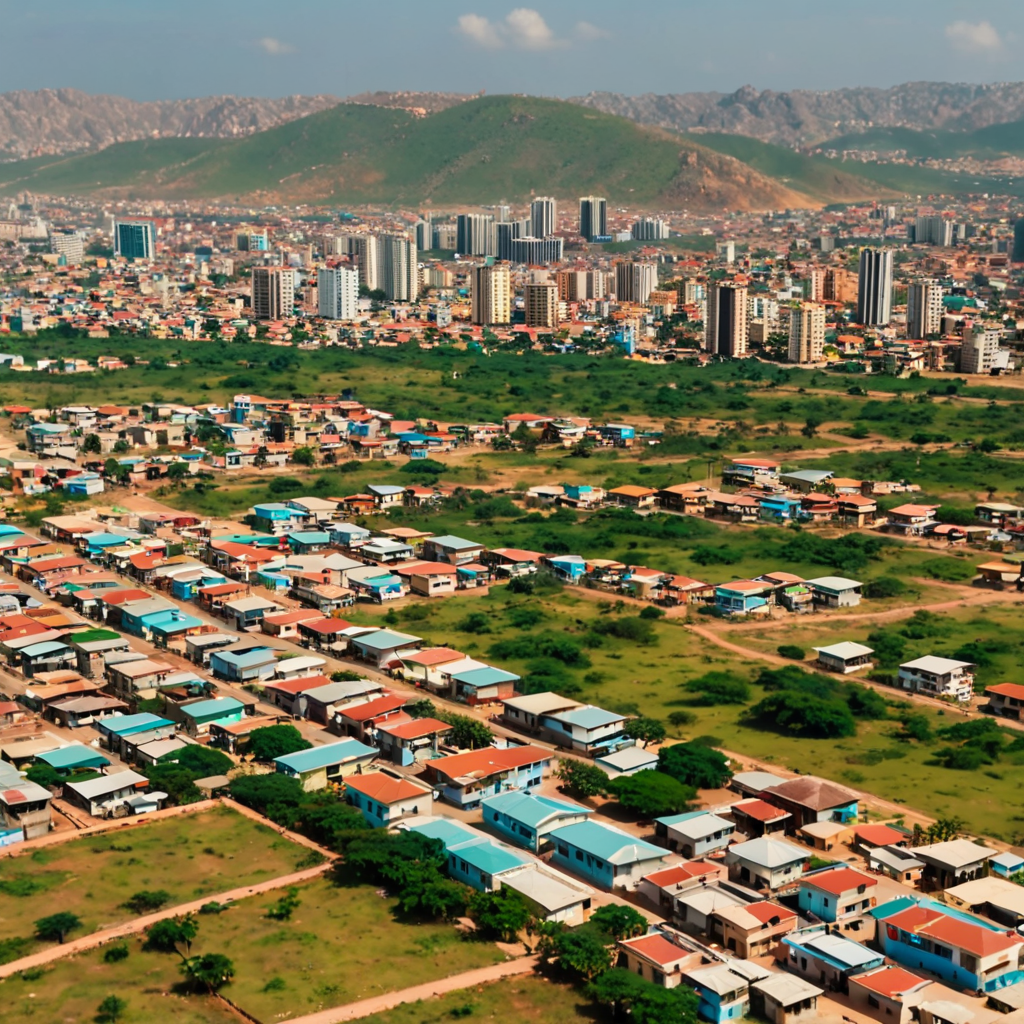
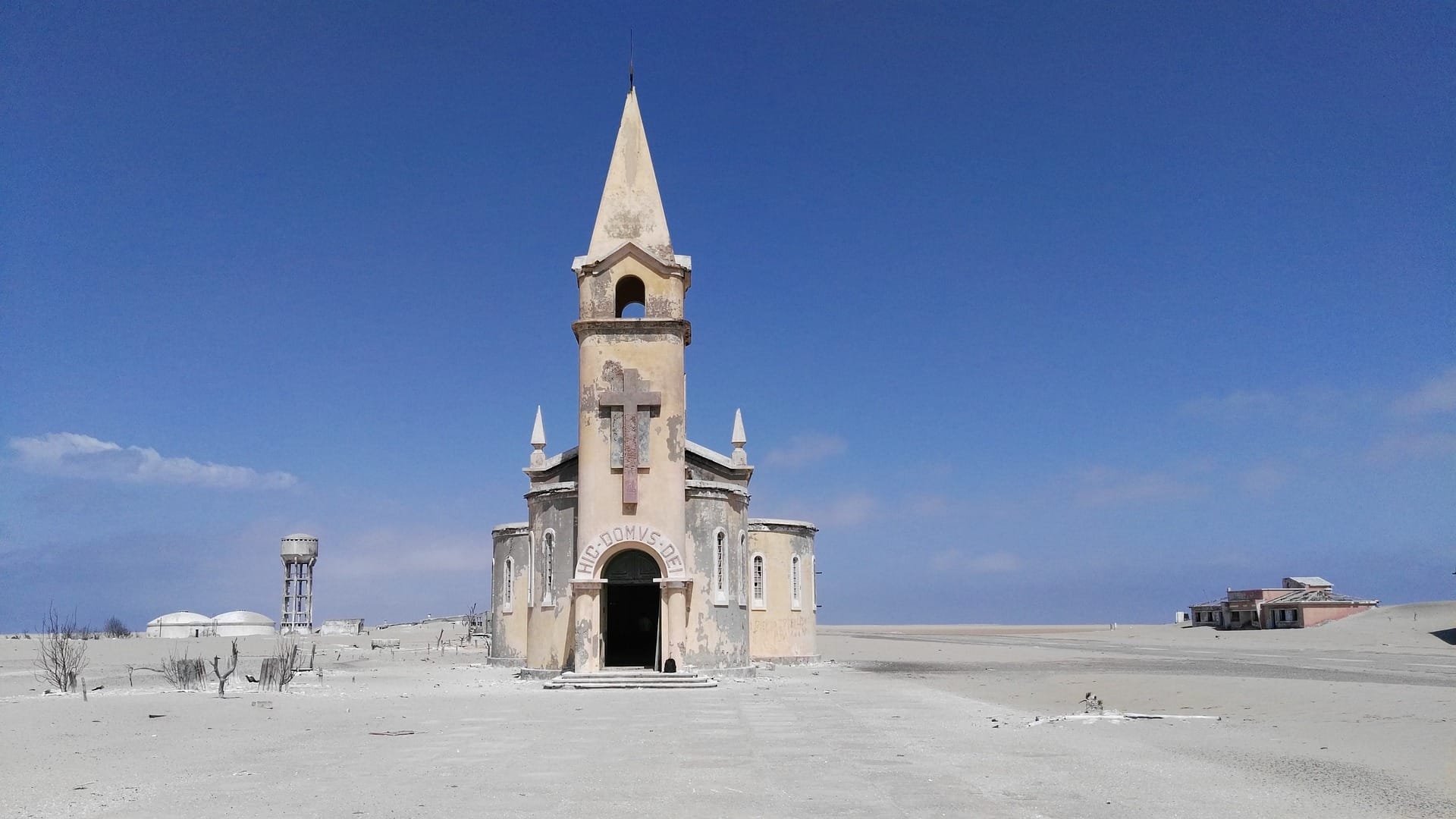

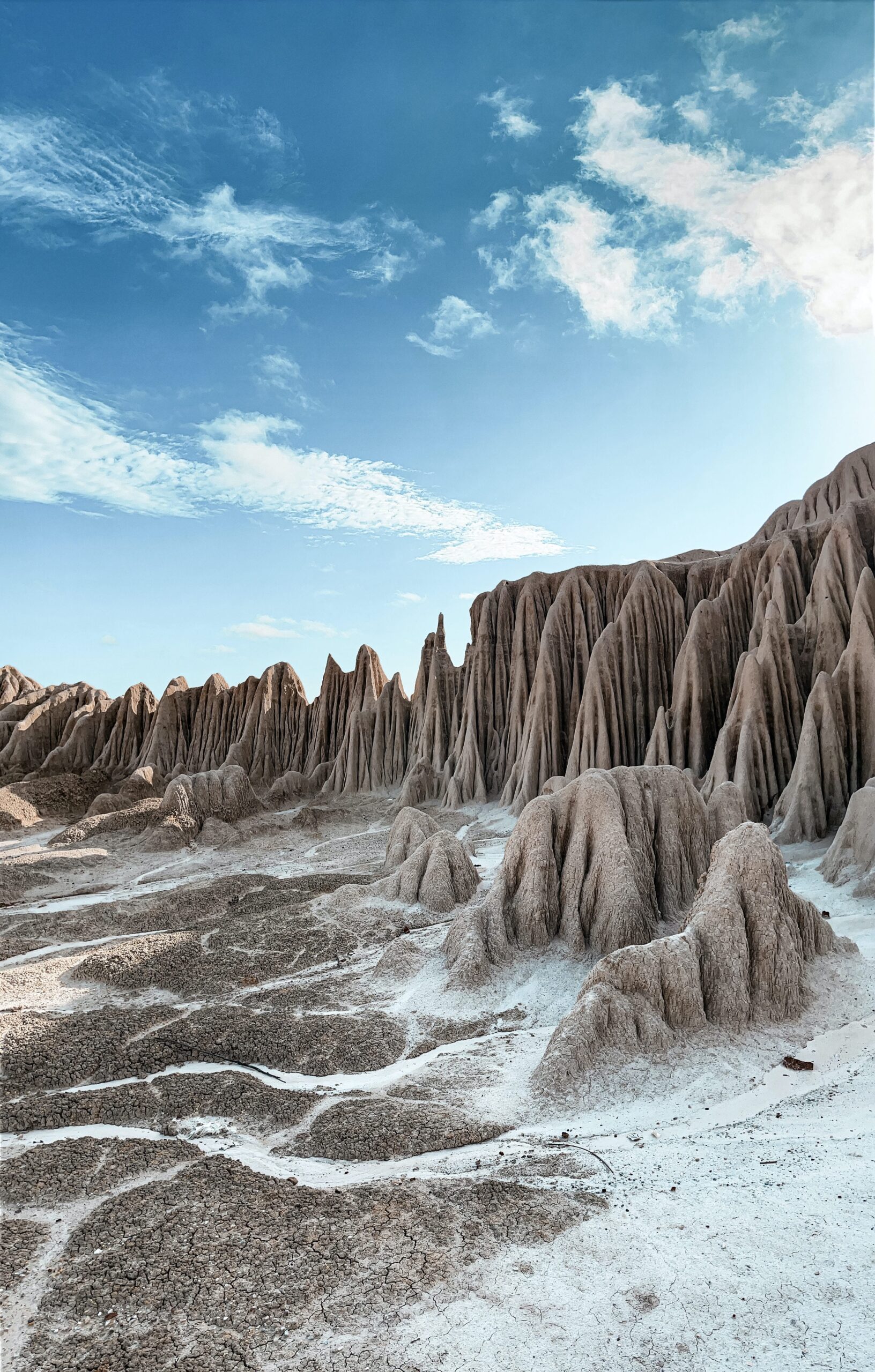
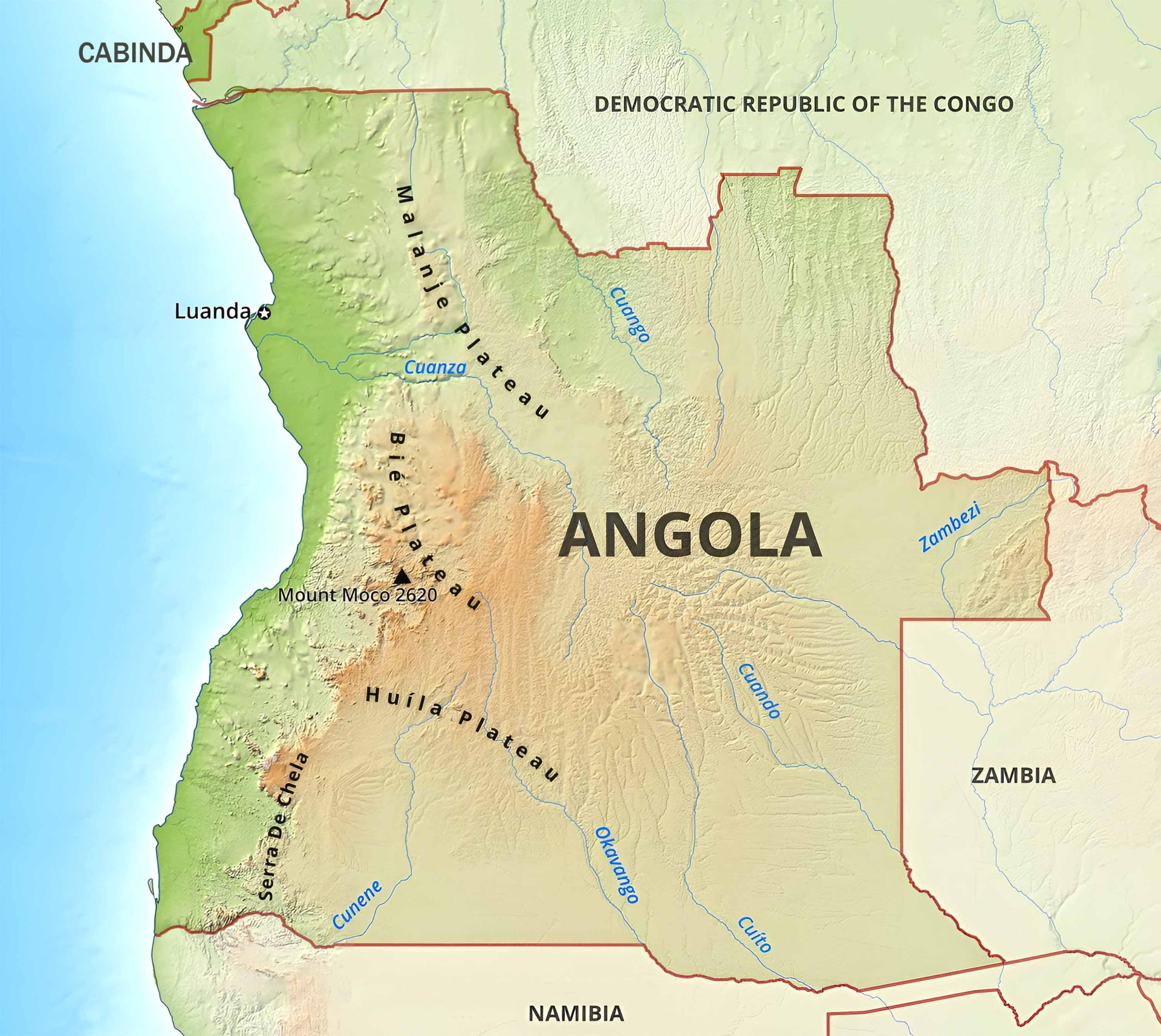
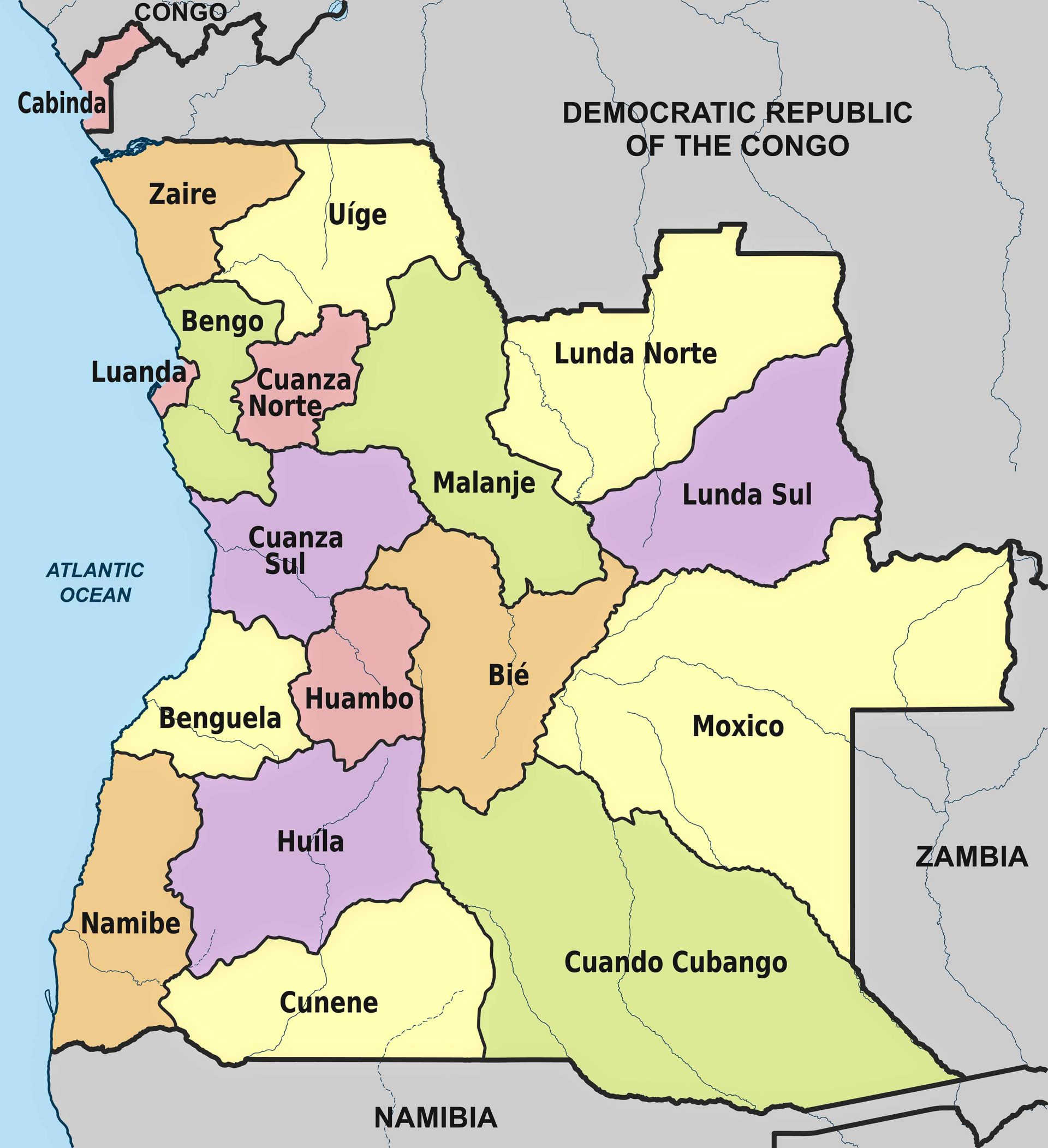
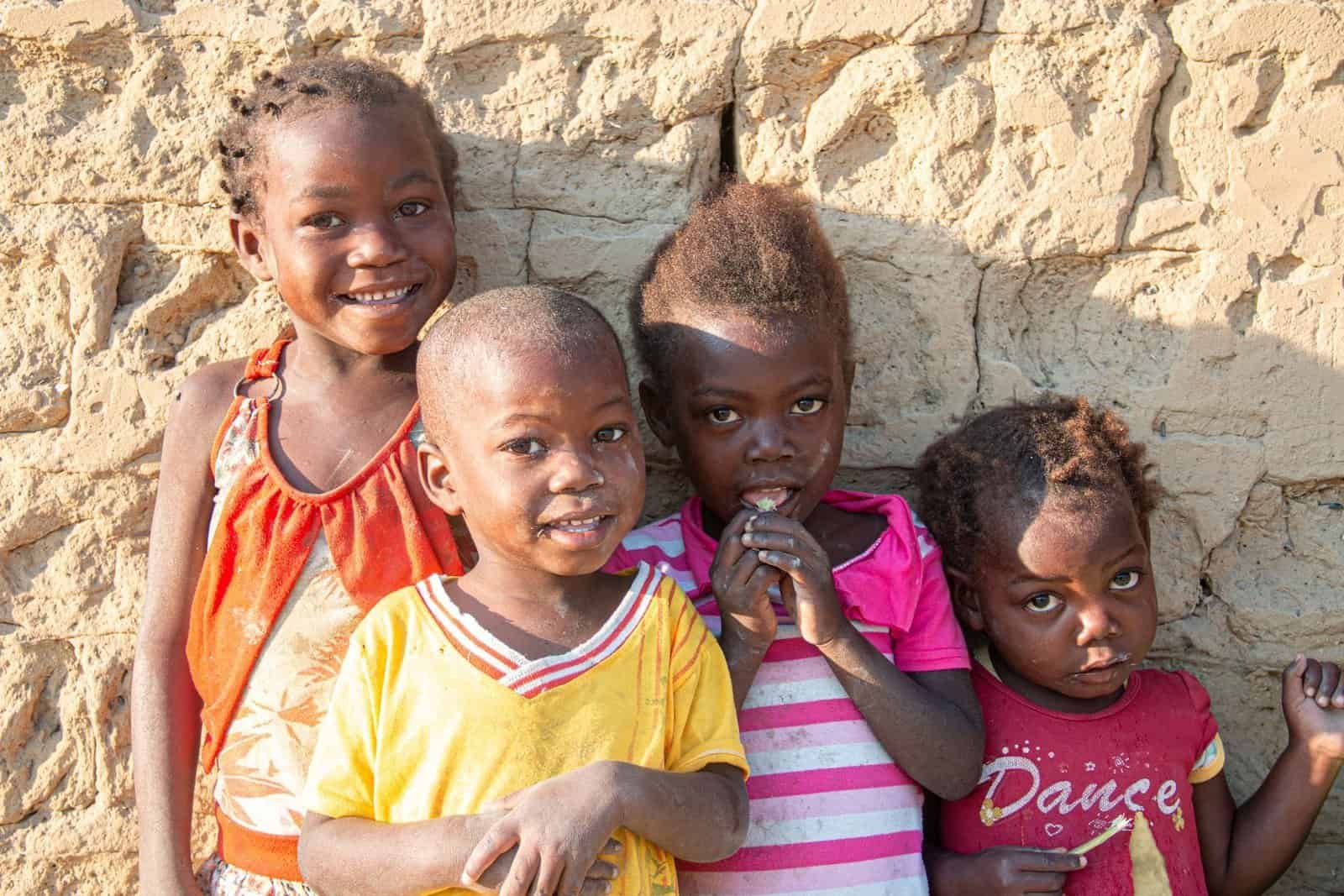
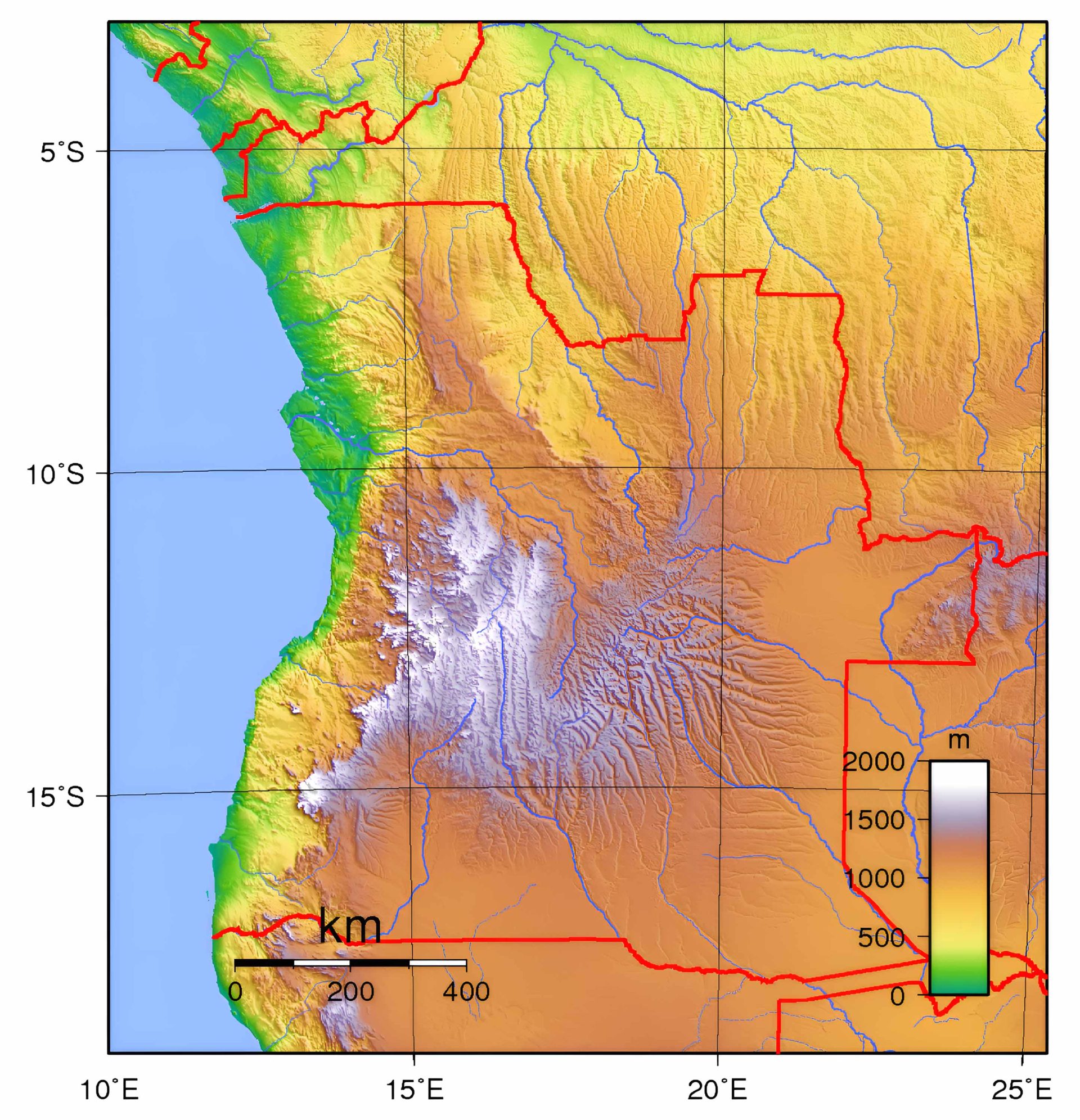
Closure
Thus, we hope this article has provided valuable insights into Angola: A Nation of Diverse Landscapes and Rich History. We appreciate your attention to our article. See you in our next article!